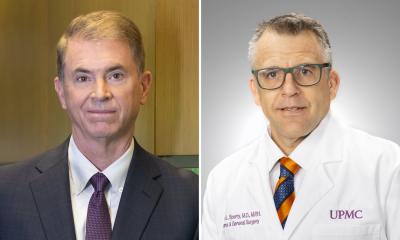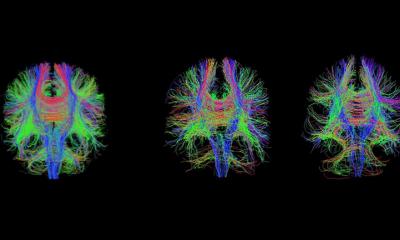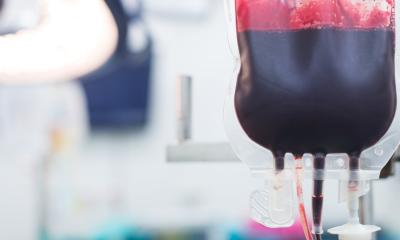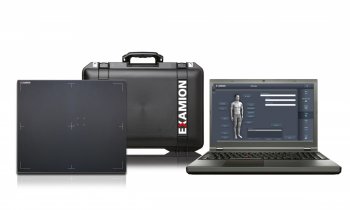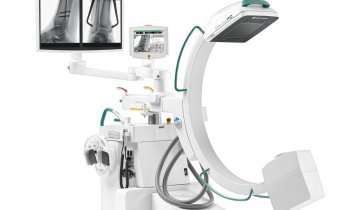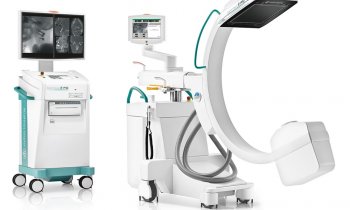Moscow's medical mighty
Ready and willing to save children worldwide
By Professor Gennady Souchkevich, Deputy Director of the Moscow Research and Clinical Institute of Emergency Children's Surgery and Trauma.
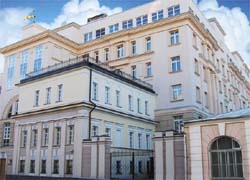
The Moscow Research and Clinical Institute of Emergency Children’s Surgery and Trauma was founded three years ago to provide children with 24-hour treatments for severe brain trauma injury and combined trauma, fractures in various locations, spinal injury, urgent surgery for abdominal cavity diseases, and purulent-inflammatory processes in soft tissues and bones. There are no analogues for this hospital anywhere in the world.
About 60,000 children have consultations and treatments annually at the Institute; 9 000 of these are hospitalised.
The building provides five basic clinical departments: neurotrauma, purulent surgery, trauma, clean surgery, anaesthesiology and resuscitation.
The reception unit has six cubicles and an anti-trauma ward, with separate entrances. Bearing in mind the time factor in emergency cases, critically ill patients are immediately delivered to the anti-trauma ward, which is equipped for resuscitation as well as surgery, having two surgical tables. The equipment also includes ultrasound, electrocardiograph, encephalograph, Doppler and others. Near the anti-trauma ward is a radiological diagnostics department, containing ultra-modern equipment (MRI 3-T, KT, X-ray etc.), as well as an express laboratory and a room for functional and endoscopic diagnostics. A patient is delivered to the resuscitation unit or operating theatre only after his or her condition has been stabilised in the anti-trauma ward.
The anaesthesiology department, resuscitation unit and surgical block are equipped with the most modern systems to monitor patients’ vital activities, with breathing and narcosis apparatus. They also have special air-conditioning and ventilation systems.
On the roof of the six-story building is a helipad, where critical patients arrive in a sanitised helicopter. The helipad can receive patients 24/7.
For use in emergencies, the Institution also has back-up electrical and water supply systems.
Children in all wards are under video observation.
Via the IT system, data from X-ray, ultrasound, the laboratory and so on, are transmitted directly to the attending physician’s desk.
A group of the Institute’s highly qualified physicians has formed a mobile paediatric team that selflessly provides medical care to children in disaster areas all over the world. They have actively treated young victims in Armenia, Georgia, Iran, Egypt, Japan, Turkey, Algeria, Pakistan, Indonesia, Sakhalin, at the train-crash in Cheljabinsk and at military conflicts in Nagorny Karabakh, Ingushetia, North Ossetia, Dagestan, Chechnja, Yugoslavia, Romania, in the Middle East, as well as at the terrorist sites in Nord-Ost (Moscow), Beslan and elsewhere.
Each leading specialist in the Institute is worth writing about. However, I would like to say a few words about our Executive Director and chief, Professor Leonid Roshal. He is a brilliant paediatric surgeon and organiser, and is recognised worldwide as a specialist in disaster medicine. Journalists have called him the ‘Children’s Doctor of the World’. Prof Roshal is a courageous and fearless man who is always ready to depart immediately to wherever children are involved in disaster and need medical help. While doing this, he never thinks about glory or honours, because he is directed by the conscience of a true citizen of the world.
This is only a brief description of the active life of our medical establishment, which stands at the ready for all the children of the world.
You will find more detailed information about our Institution at our web-site:
http://www.mosgorzdrav.ru/niindht
30.04.2008



